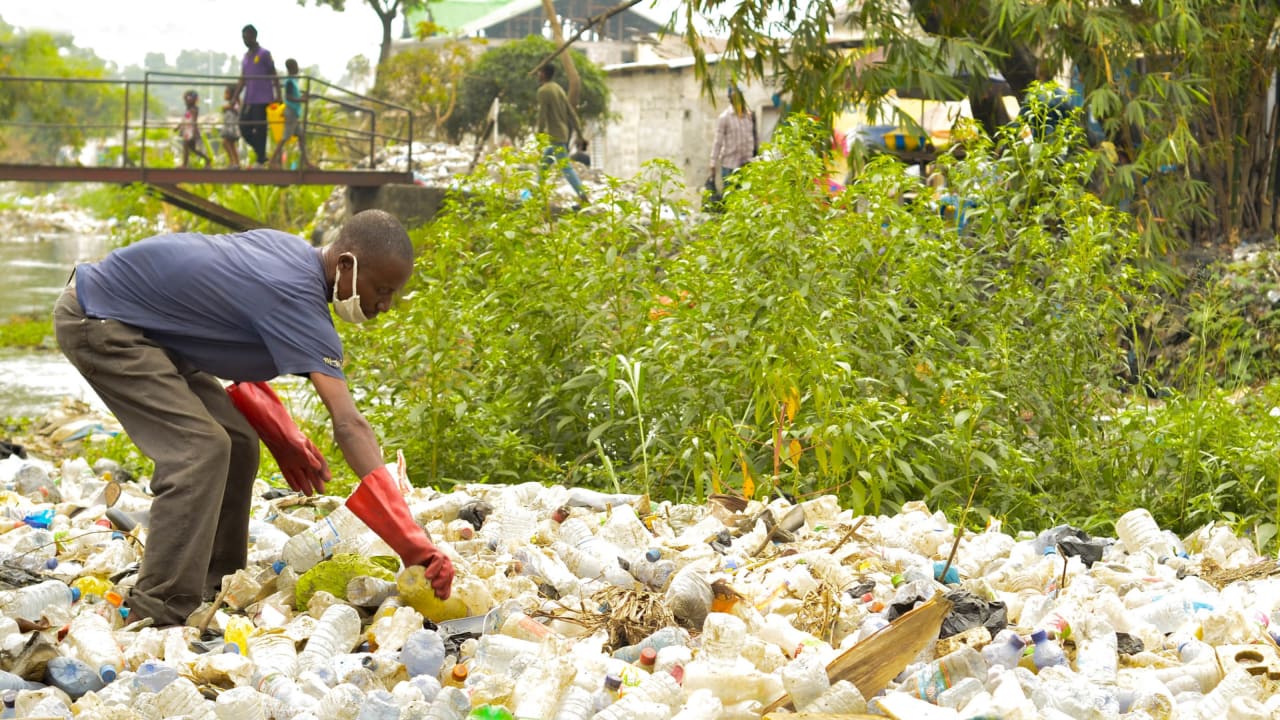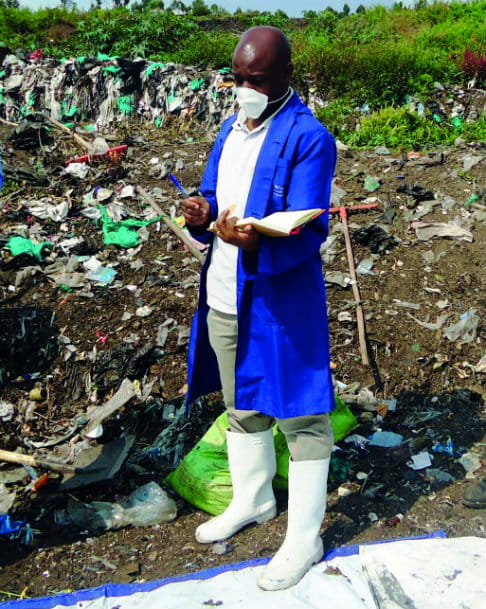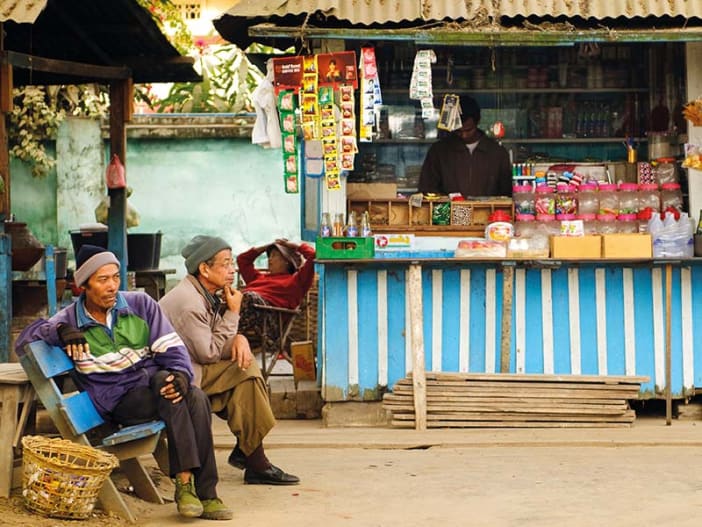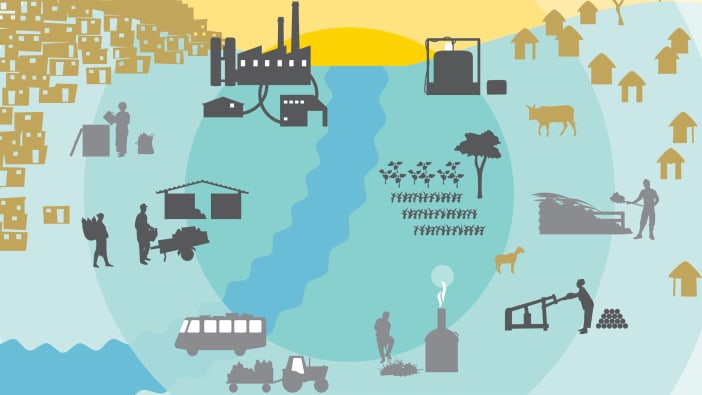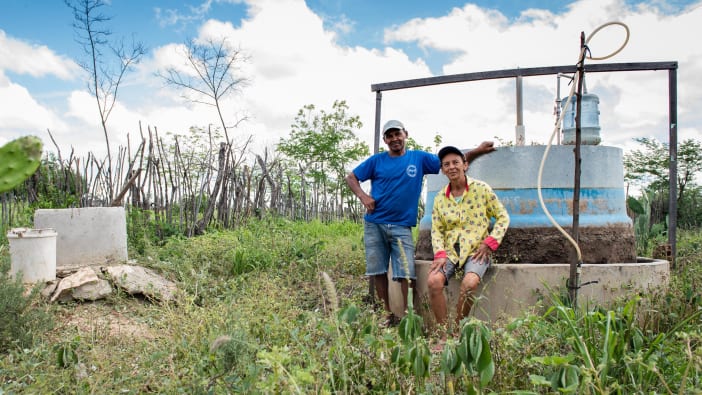Joël Tembo Vwira started the first waste management company in the city of Goma, Democratic Republic of Congo (DRC). In this interview, he shares his experience of his business’s astonishing growth…
What was the situation like in Goma before you started your business?
In 2008, Goma was a growing city of 600,000 people without any waste management system. There was a mountain of rubbish almost everywhere. I had a passion for both cleanliness and entrepreneurship from a young age, and was inspired to find a solution.
How did you start your waste collection business?
First we did a market survey. Ten volunteers asked 500 households and 50 businesses about whether they would be willing to pay for waste collection. I then visited Nairobi, Kenya, to learn how waste collection can be done in a city. After that we designed a waste collection plan for Goma, which we presented to the local authorities. We organised an official dump site where the waste could be sorted and recycled where possible.
We raised awareness in the community using radio drama, flyers, face-to-face meetings and church seminars. To raise money to start the business, we sold shares in the company to interested people, mainly members of my church.
We started with just 13 households in August 2008, but a few months later, in early 2009, more than 500 households and 20 companies were using the service. Today the company is serving more than 1,000 households and 100 companies.
What were the challenges and successes?
Some people in the community were slow to respond. There was a lack of basic infrastructure, such as good roads. We had limited funding to purchase appropriate equipment.
However, we had the support of local universities, who sent students to learn from our activities. The local, national and international media were keen to share our story. We were able to connect with initiatives such as Tearfund’s Inspired Individuals programme, the Creation Care Network and Connective Cities (an organisation linking German and African individuals involved in developing their cities).


